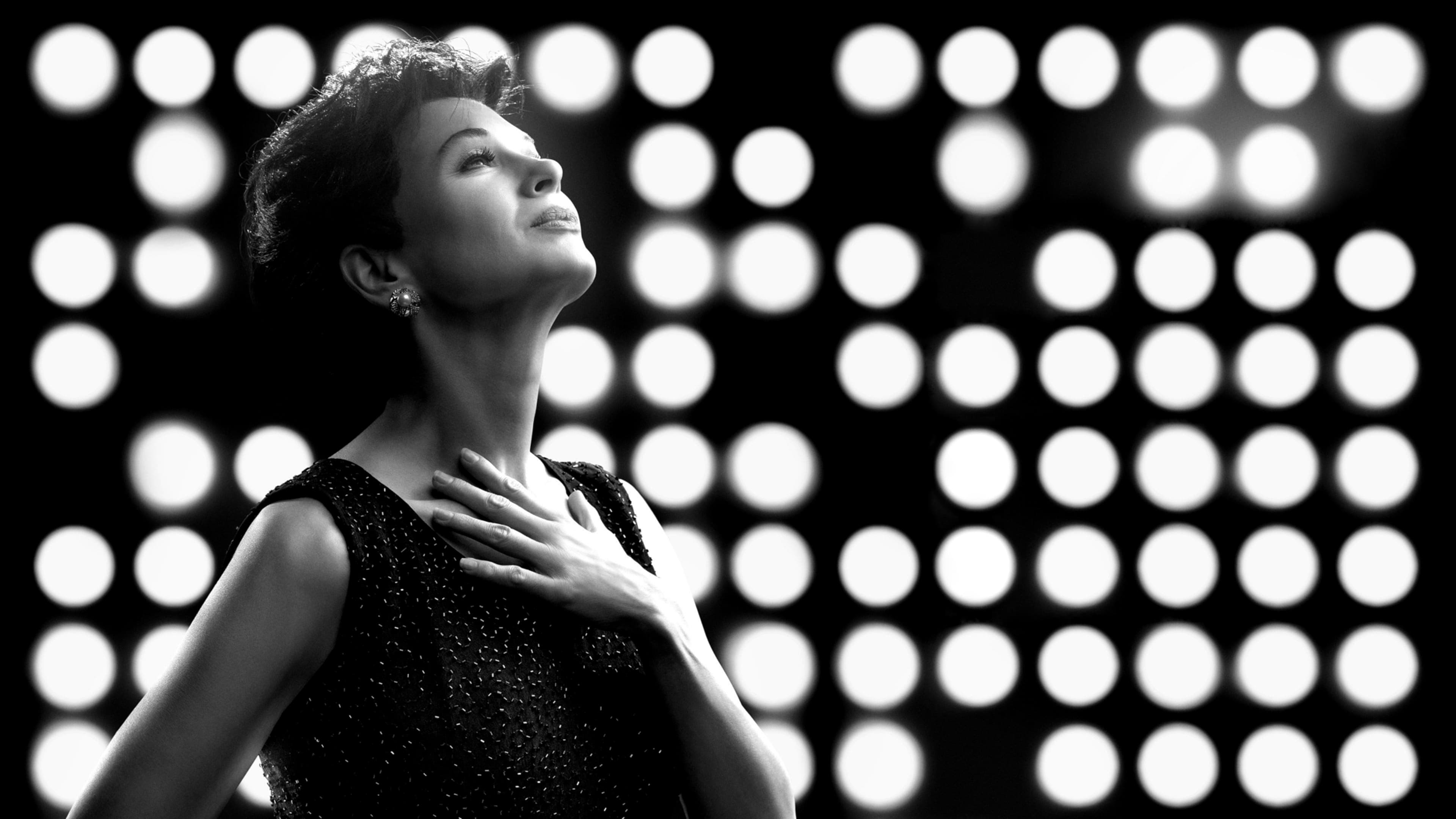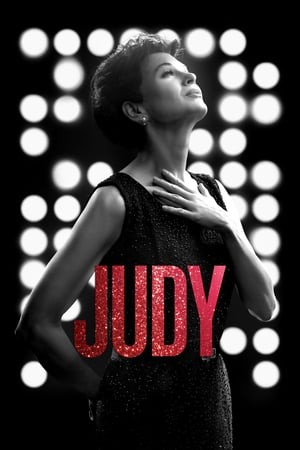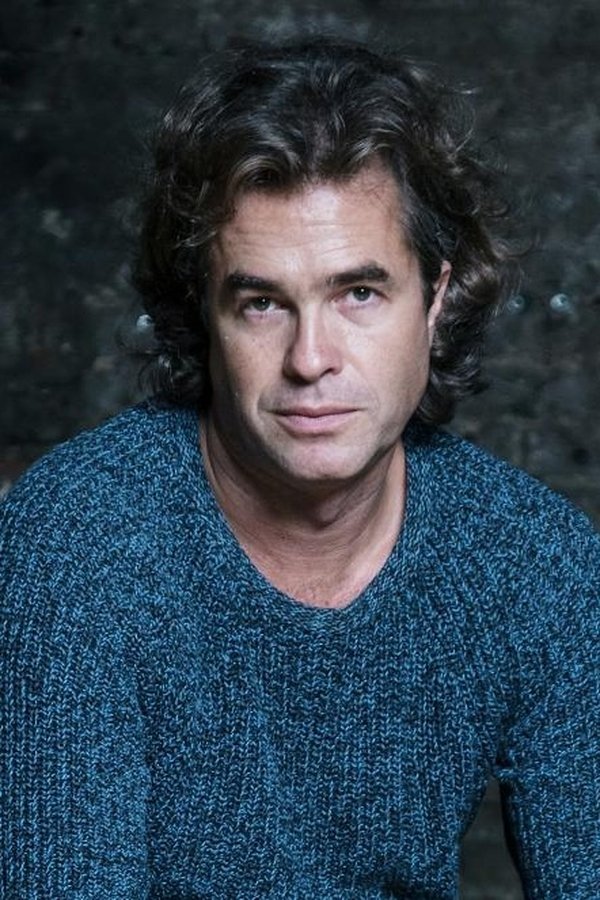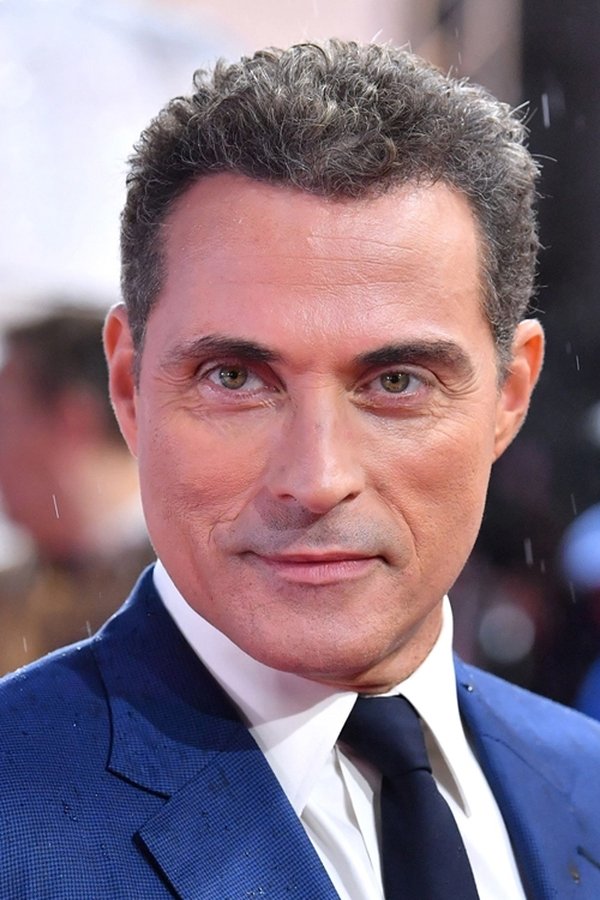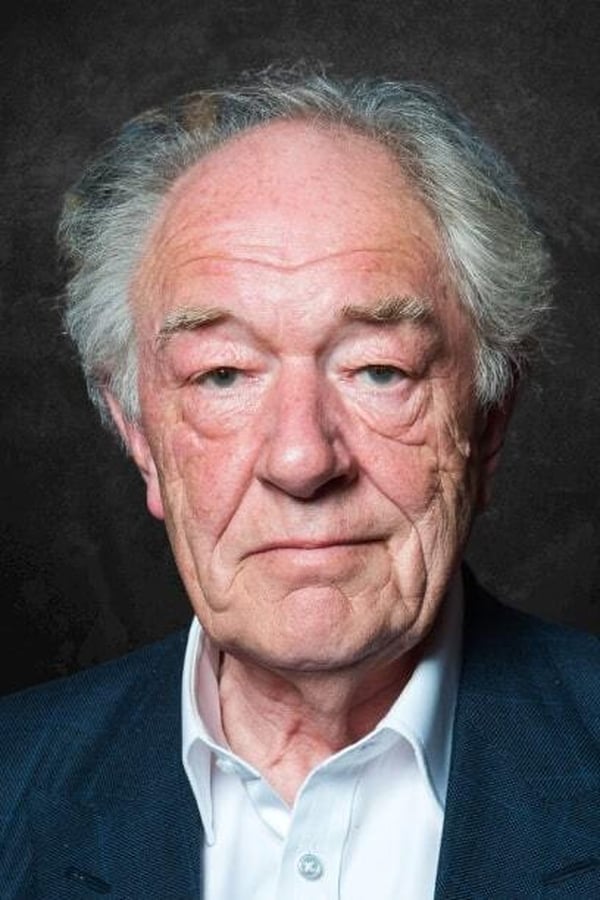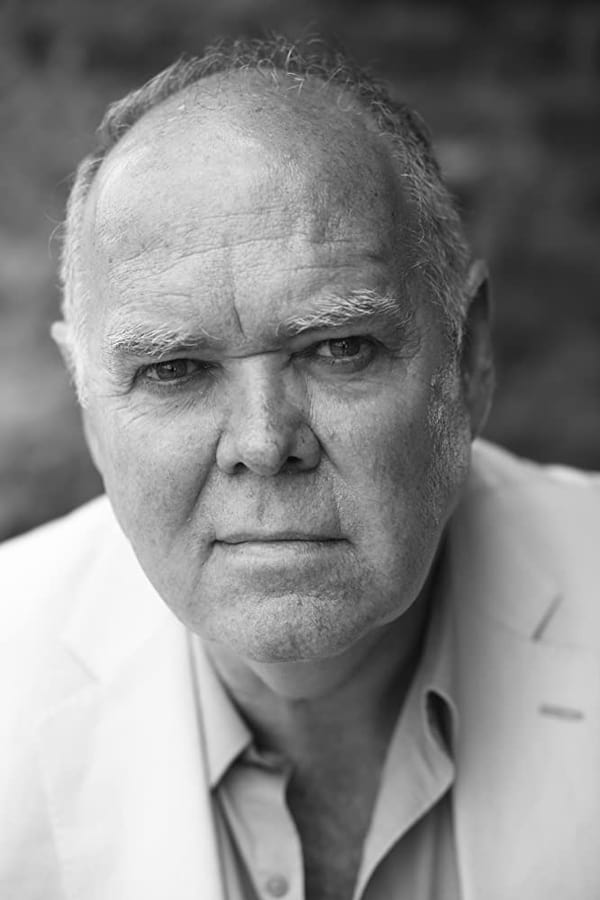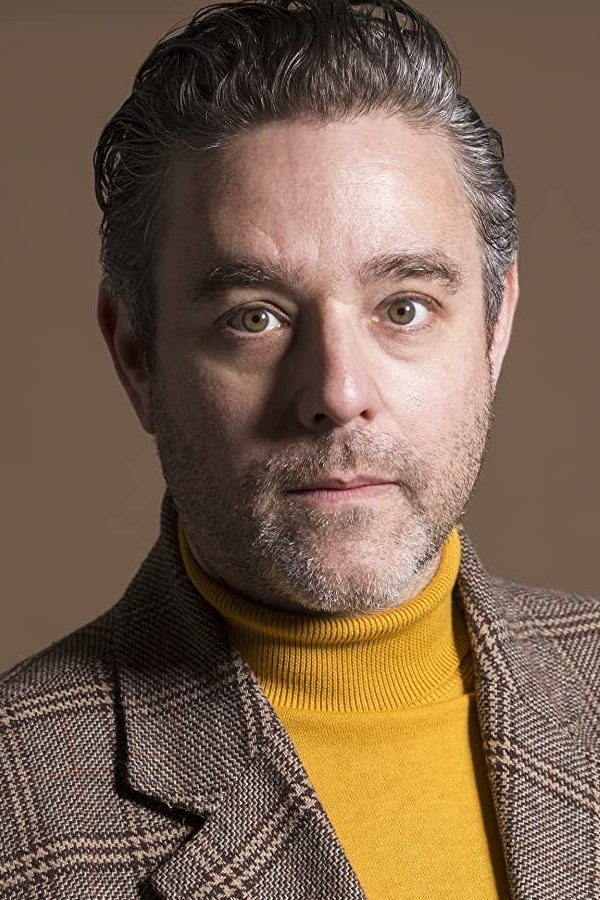(This review contains spoilers.)
Judy, the Judy Garland biopic starring Renee Zellweger, is the tragic story of the last year of Garland’s life. This film sets the viewers up immediately for what is ahead: tragedy. My question is, what exactly is the plot of this film? It is interesting to see Garland’s struggles and final days and to understand why this tragedy occurred, but nothing really
happens in the film.
Judy’s focus is almost solely London circa 1968. There are flashbacks throughout the film of her childhood, but these are used as context or explanation. We are not to focus on those years of her life.
The film opens with a closeup of young Garland with the voice of MGM head Louis Mayer explaining to the viewer and Garland that the only currency is beauty, and she does not have it. Her only talent is her voice. She is replaceable — so she had better do whatever she is told. This old white man with all of the power is also sexualizing and harassing Garland in numerous flashbacks. She is living with constant abuse.
Not only that, Garland has no advocates. Everyone feeds her pills, starting when she was a teenager. This gives context for the addiction she carries into adulthood. Teenage Garland is slightly defiant when she eats the forbidden cheeseburger or jumps into a water tank when she is robbed of her requested one-hour birthday party. For the most part, however, Garland does what she is told. As an adult in 1968, she even tells the London club owner, “Whatever you’d like me to do.” She is sad and angry at the people running her life but does not know how to stand up for herself, or perhaps she is just too tired of fighting.
When MGM dropped her, the media painted Garland as a troubled teenager. The press and her former studio turned on her with no concern for Garland. After creating staged relationships with other child stars like Mickey Rooney and throwing her birthday parties simply as a photo-op, they left her to disappear into the abyss of Hollywood. Even as an adult speaking on a talk show, Garland’s abusive, forced eating disorder is the source of humor. It was not a secret — it was industry standard.
The industry ruined her, as they do with too many female pop stars and child stars to mention. Fame destroys Garland. She is an other, an outsider — used and left for dead. This is the most common explanation for her relationship with some of the gay male community. Many assume the love for Garland by part of this population is because they relate to her struggle. She was not allowed to make her own decisions, to form her own identity, or to have any kind of happiness because she needed to fit the harsh mold of Hollywood.
In
